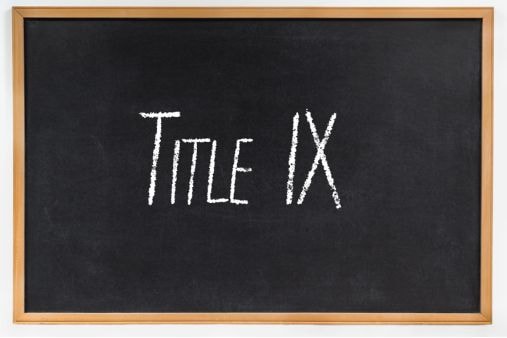In mid-January the Supreme Court granted certiorari in two cases which reached different answers to the question of whether the police must obtain a warrant before searching a person’s cell phone incident to that person’s arrest. The cases are likely to be argued in April. With 90 percent or more of adult Americans owning cell phones, and today’s cell phones being far more than just mobile phones, the Court’s decision could have significant impact on police activity concerning the vast majority of adults in this country. In Riley v. California (Supreme Court No. 13-132), after police stopped Riley for expired tags on his license they found firearms under the hood of the car during an impound search of the vehicle. Ballistic testing of the weapons indicated that the guns were used in a drive-by shooting. Riley was arrested for carrying concealed weapons. Warrantless searches of Riley’s cell phone after his arrest yielded information in the phone’s address book, as well as photos and video, which appeared to connect Riley with a gang-related drive-by shooting. The trial court permitted use of a photo from the phone showing Riley with a suspected gang member near a car believed to be implicated in the drive-by shooting, as well as videos from the phone in which he made gang-related statements; he was convicted. Riley argued that evidence from the search of the phone should have been suppressed as the result of a warrantless search. The California appellate court affirmed the conviction. In U.S. v. Wurie (Supreme Court No. 13-212), the police arrested Wurie on drug charges. Police looked at his phone after noting that the phone was getting a lot of calls from “my house.” When police opened the flip phone, they saw a “wallpaper” photo of a woman and infant. The police determined that the number from which the “my house” calls were originating was for an address different than the address Wurie gave them as his residence. Suspicious that there were drugs at the address associated with the “my house” phone number, and after seeing a woman at that address through the window who resembled the woman in the “wallpaper” photo, the police obtained a search warrant for that address, and found evidence on which two of the three charges against Wurie were based. Wurie was convicted but on appeal the U.S. Court of Appeals for the First Circuit ruled that evidence obtained by police after they searched Wurie’s phone without a warrant, did not come within the confines of a search incident to arrest, and therefore, should have not been admitted at trial. The First Circuit concluded that a search-incident-to-arrest does not authorize a warrantless search of information on a cell phone taken from a person upon arrest. Also in mid-January, the Supreme Court declined review of a Ninth Circuit en banc decision (Cotterman v. U. S., No. 13-186, cert. denied, 709 F.3d 952) concerning a warrantless search of a laptop at the border. The Ninth Circuit en banc decision overturned the initial panel’s decision when it ruled that federal law enforcement had to have a reasonable suspicion of criminal activity before conducting a warrantless forensic search of a laptop at the border, ruling in part that the Circuit’s “extended border search doctrine,” which the initial appellate panel said permitted agents to seize and search a laptop without a particularized suspicion, was inapplicable under the facts of the case before it. Whether the Supreme Court’s denial of certiorari in the Cotterman case is any hint as to what the Court might do on warrantless cell phone searches, of course, remains to be seen.
Subscribe
Do you want to receive more valuable insights directly in your inbox? Visit our subscription center and let us know what you're interested in learning more about.
View Subscription Center













/Passle/6488d4630e7e25c9ac9f834a/SearchServiceImages/2023-10-27-22-14-47-460-653c3657aa16c1a78944a4ac.jpg)
/Passle/6488d4630e7e25c9ac9f834a/SearchServiceImages/2024-06-15-03-35-36-968-666d0c08c56a9fccba9e64ea.jpg)
/Passle/6488d4630e7e25c9ac9f834a/SearchServiceImages/2024-06-17-15-30-39-269-6670569f086c06c316400926.jpg)
/Passle/6488d4630e7e25c9ac9f834a/SearchServiceImages/2024-04-10-12-04-21-213-66168045b21e7b3ad70f8900.jpg)